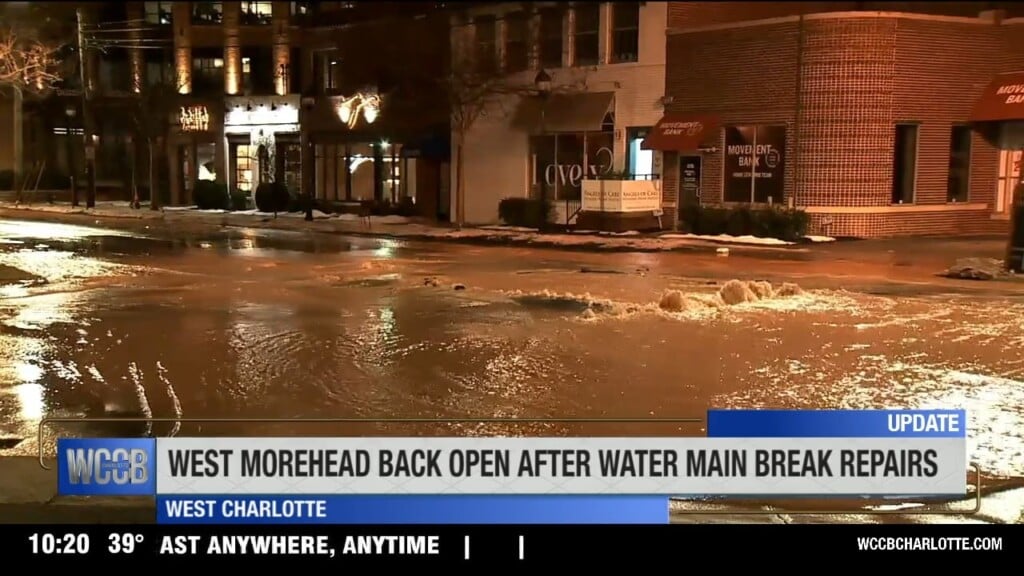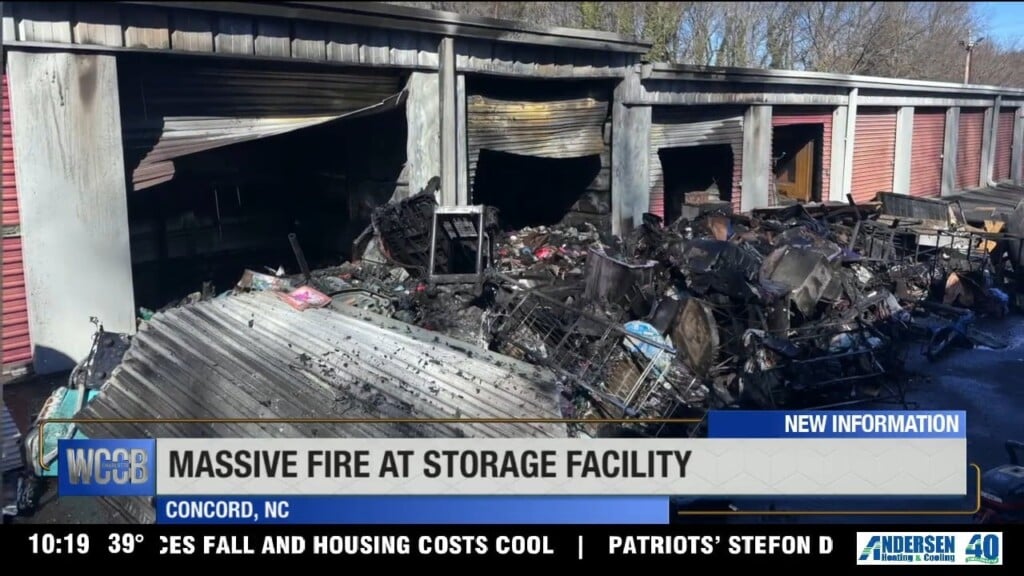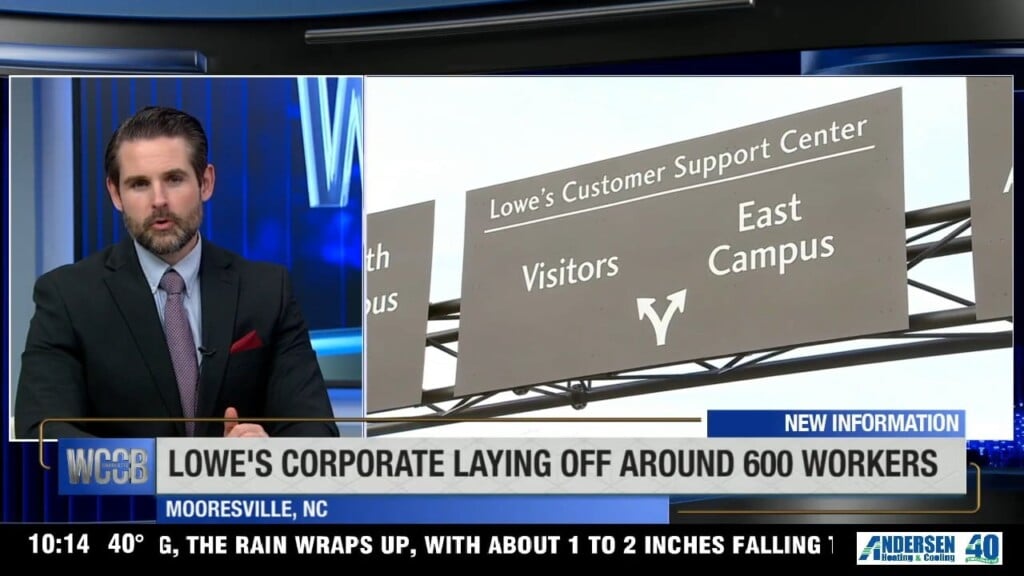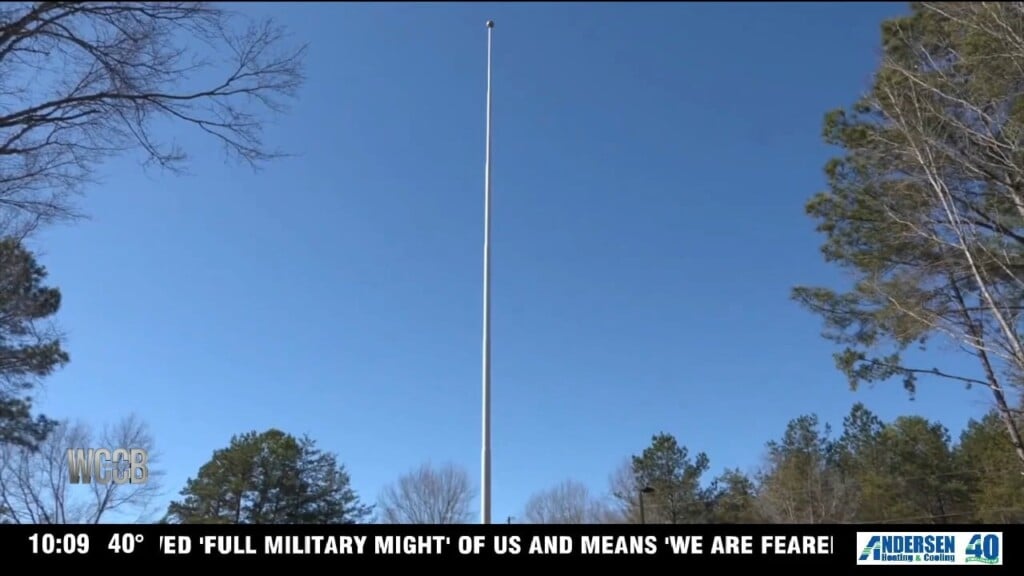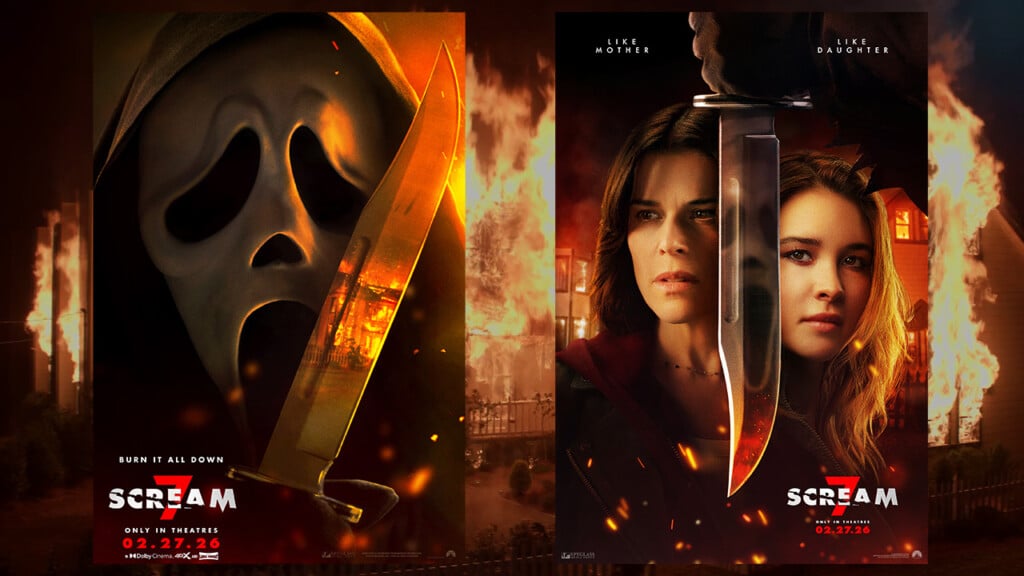Charlotte Mayor Says City Council Meetings Will No Longer Open With Prayer
CHARLOTTE, N.C. — Mayor Jennifer Roberts made an announcement Monday evening during the Charlotte City Council zoning meeting saying they will no longer open their meetings with a prayer.
Instead of saying a prayer, the council members only stated the Pledge of Allegiance.
Roberts went on to say they were changing the way they conducted the meetings due to expert advice from the city attorney with a concern over freedom of religion and separation of church and state and “some other recent court rulings.”
The city attorney sent an email Monday evening to council members saying:
Just to be clear, I have not concluded and have not advised that the Council’s invocation practice is unconstitutional. And I did not advise you to end the practice.
In light of the Fourth Circuit’s decision in the Rowan County case described below, there clearly are legal risks with invocation practices. Obviously, as I stated to you tonight, not providing invocations is 100% legally safe. But the Fourth Circuit did not hold that invocations at the begining (sic) of a county commission or city council meeting are per se unconstitutional.
This is the information the city attorney provided on the Fourth Circuit’s decision in the Rowan County case:
Mayor and Council,
In a 10-5 an en banc (entire court) ruling today, the Fourth Circuit held that Rowan County’s practice of county commissioner-led prayer violates the Establishment Clause of the First Amendment. Unless and until the US Supreme Court reverses, this decision is now the law that also applies to Charlotte. A copy of the opinion is attached.
I have only been able to skim the decision, but it is clear that the primary basis for the Court’s holding was the combination of four factors:
1) Unlike in two relevant Supreme Court decisions where invocations were given by paid or invited clergy, all of the prayers in Rowan County were given by board members (i.e., “the State”);
2) Virtually all of the prayers reviewed (97%) were identified with Christianity, and many of the prayers promoted Christianity;
3) Before giving the prayers, commissioners consistently told the audience to rise and often invited them to pray along with the commissioner; and
4) The Court noted the intimate setting of the prayers, prayers that were usually very near the place in the agenda where attendees were permitted to speak to the commission on matters of concern.
We will more closely review the decision in light of the Charlotte City Council’s prayer practice and provide you with appropriate guidance.
This is a developing story. Check back for updates.
